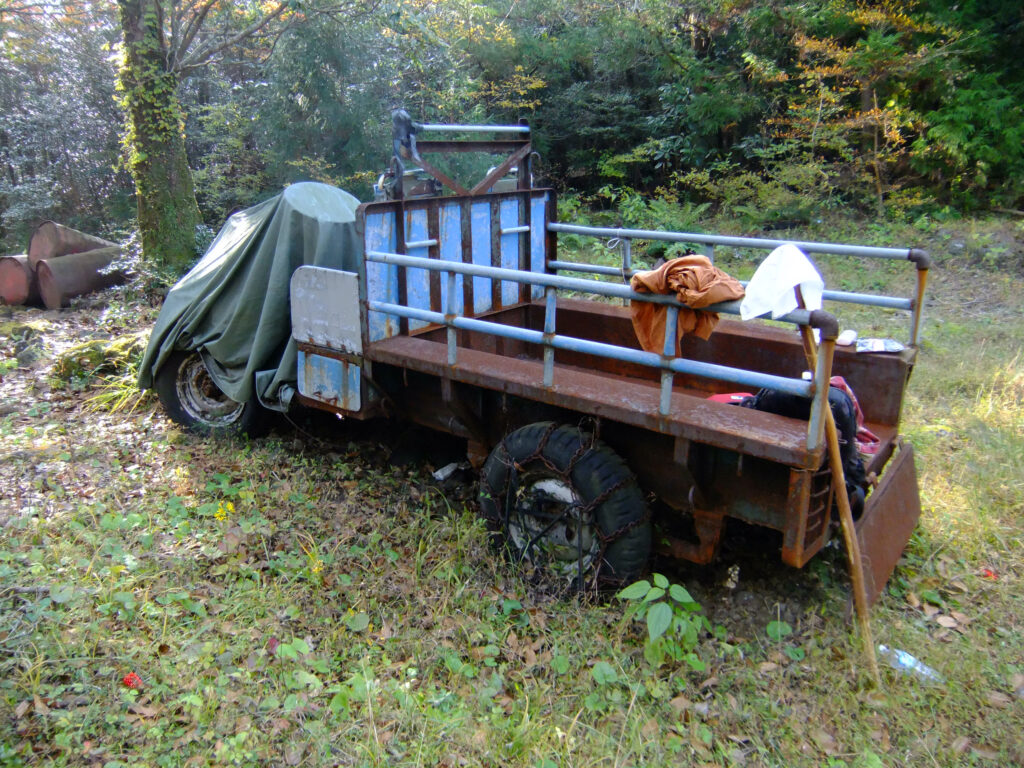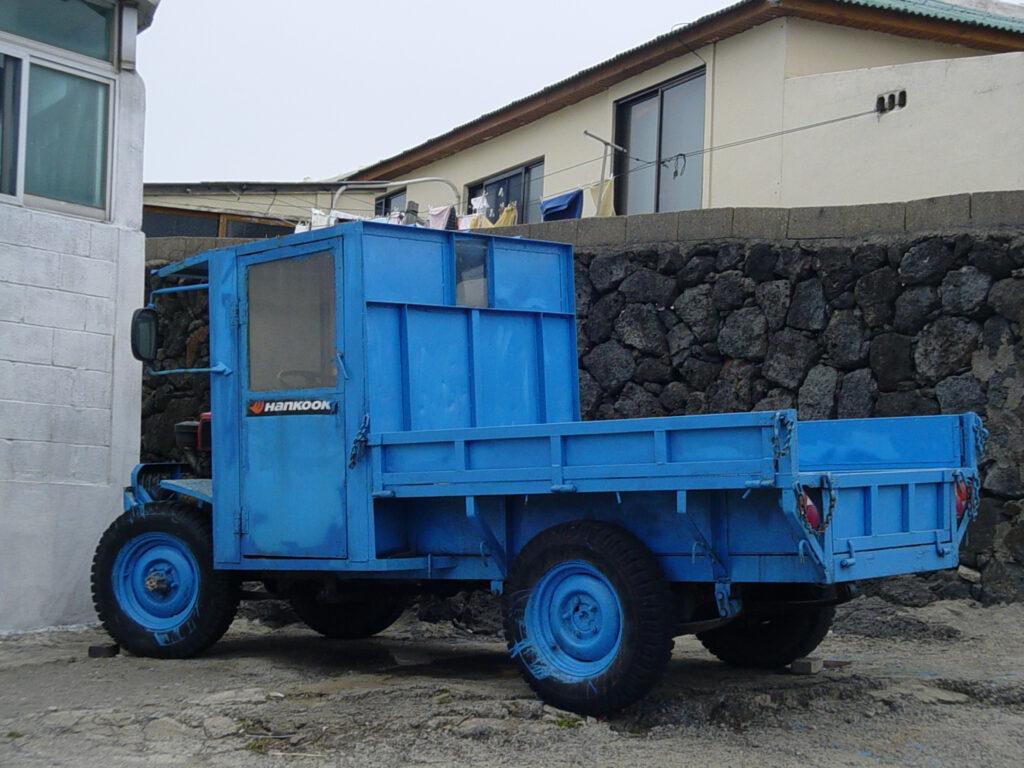It is hard to find good information in English about Jeju. Here are some resources for the study of the island’s history and culture. You often have to dig deep through general Korean history websites to find anything on Jeju. Try searching old books and journal articles written in English for Tamna, Cheju and Quelpart / Quelpaert.
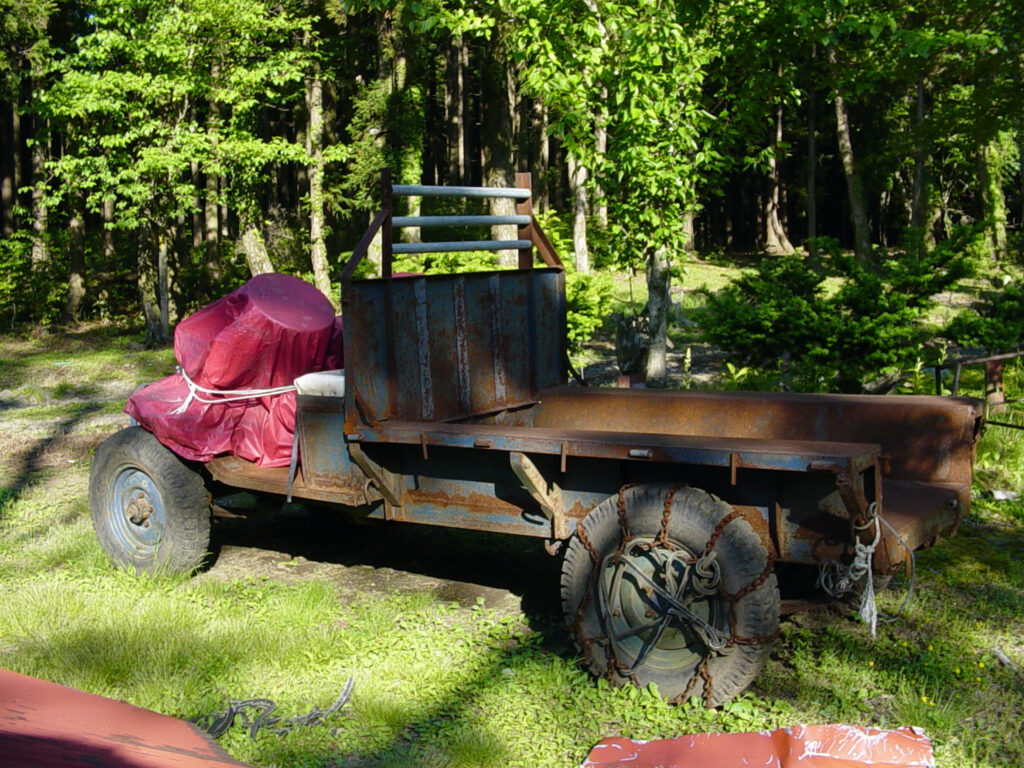
English-language Resources
The 제주국립박물관 Jeju National Museum offers an online virtual reality tour of special exhibitions on their website – the information panels are in English. Visit their Instagram or Facebook page to see images and read about Jeju culture and history in English – the posts are titled Q&A for the Curious about Jeju.
The Internet Archive has quite a lot of free books, newspaper articles and journal articles with expired copyright that feature or mention Jeju Island, dating back to the late 1800’s.
Frank’s Korean Studies Portal has links to many sources of information on a wide range of topics. The History section provides links to sites that publish original historical documents.
The Early Korea Project at Harvard University’s Korea Institute has a list of journals related to archeology and ancient history.
The Korean Studies Journal has an article on the 1901 Cheju Rebellion (Lee Jae-Su’s Rebellion).
The National Institute of Korean History – 국사편찬위원회 has put an English version of their outline of the history of Korea online. As with every book on Korean history, Jeju is basically ignored and you’re lucky to find a whole paragraph about the island.
For some reason, there are people who believe that it is outrageous that taxpaper money funds the research of universities, who publish journal articles that are inaccesible to those outside academia unless they pay exorbitant fees to greedy publishers. According to one magazine, “Science’s Pirate Queen, Alexandra Elbakyan, is plundering the academic publishing establishment.”
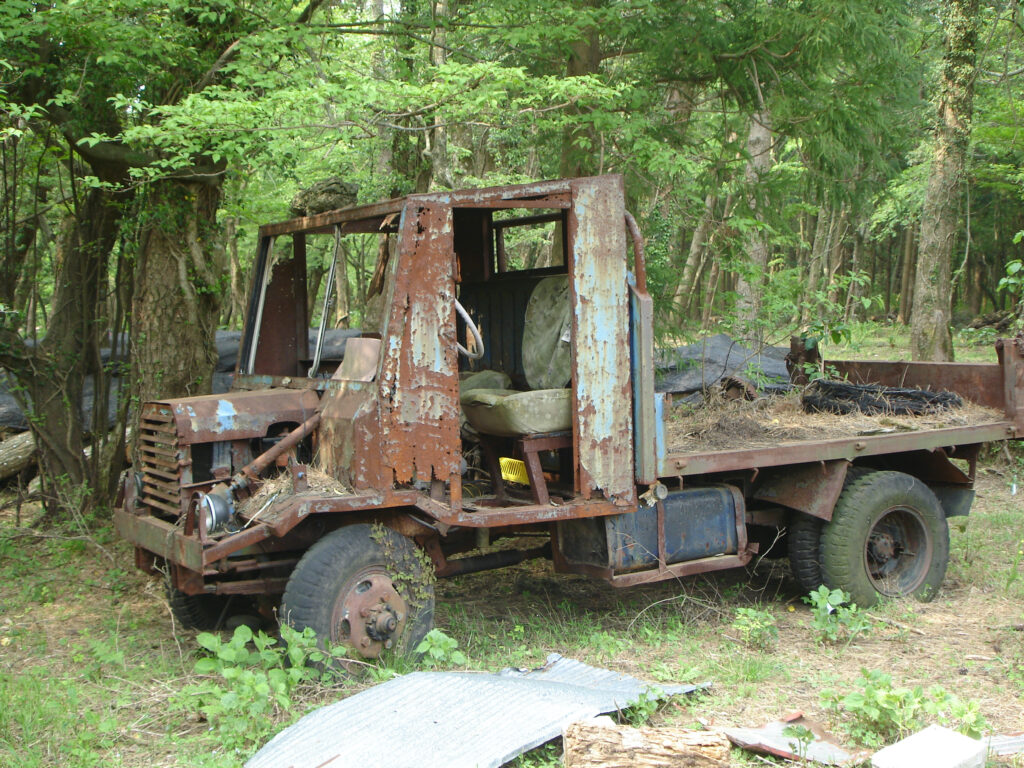
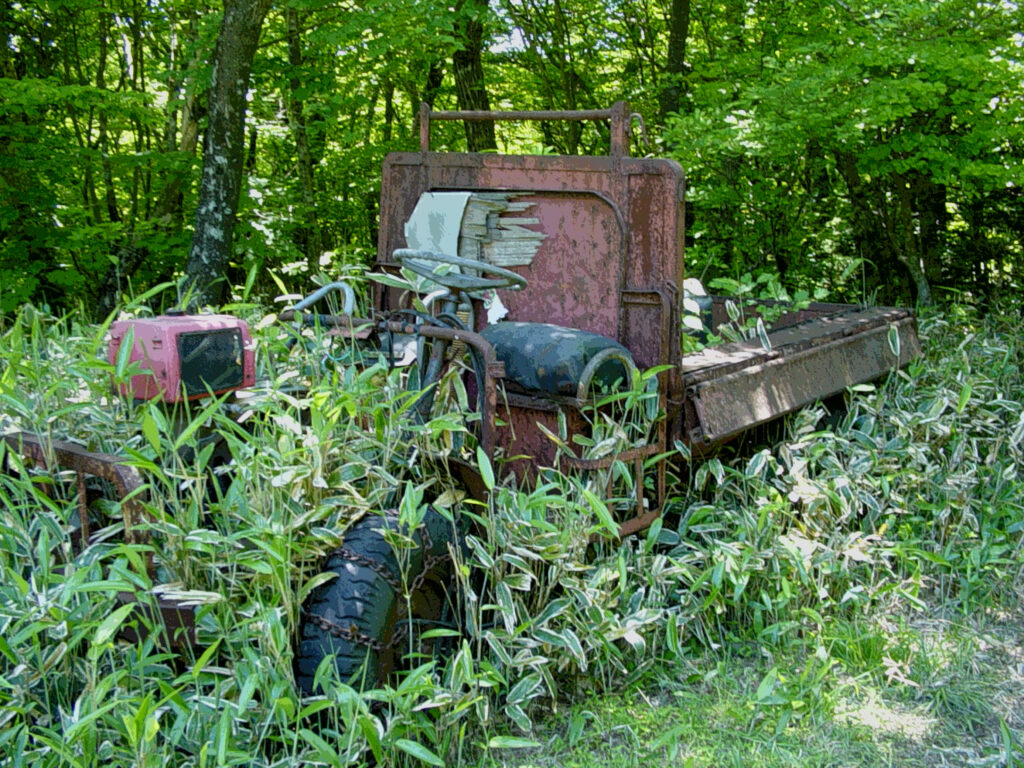
Korean-language Resources
The Jeju Special Self-Governing Province‘s Korean-language website is a fantastic resource. There are thousands of articles on the culture, history and language of the island. Don’t bother clicking the English-language link, as it leads to a dystopian mess of computer-garbled, unreadable automatic “translation”.
Detailed information about the villages and neighborhoods of the island can be found at the provincial government’s website.
고영철의 역사교실 is a treasure trove of Korean-language information on obscure topics relating to Jeju culture and history. Often it is the only place on the internet with detailed and reliable information on little-known and under-appreciated historical sites.
The 디지털제주시문화대전 and 디지털서귀포시문화대사전 contain a wealth of information about all things Jeju. Korean only, except for often acceptable English translations of names, titles and themes.
The 제주문화원 publishes in-depth books about Jeju’s history and culture, and appears to offer them as free e-books, but the links only seem to work with Internet Explorer.
The Korea Creative Content Agency – KOCCA – 한국콘텐츠진흥원 – has lots of great information about Jeju’s history and culture, but only in Korean. They have an extensive directory of myths and legends of Jeju Island, each of which provides a brief summary and occasional extra information about the scenes and characters that appear in the stories.
The 제주국립박물관 Jeju National Museum has images of artifacts in their collection with descriptions in Korean on their website.
The 제주민속자연사박물관 Folklore and Natural History Museum website has images of all the artifacts in their collection with descriptions in Korean.
The 제주고씨 website has many articles and resources for the study of their role in the history of Jeju, and provides a list of all the kings and 성주 of Tamna beginning with 고을나.
The 제주양씨한라군계종 Naver cafe also has a list of kings of Tamna, beginning with 양을나, as well as other information about the clan’s role in the history of Jeju.
The Institute for the Translation of Korean Classics – 한국고전번역원 – has a searchable database of historical records and many translations from the classical Chinese of old Korean documents into standard modern Korean.
The Kyujanggak Institute for Korean Studies : 규장각 한국학연구원 has a searchable database of original historical records. The 高氏族譜 : 고씨족보, written by 고득종 : 高得宗 and others, published in 1725, containing the 영주지 : 瀛州誌, 서세문 : 序世文 and 성주고씨전 : 星主高氏傳, can be found here.
The National Institute of Korean History – 국사편찬위원회 – offers a Korean history database which provides the original text of important historical materials.
Basic historical materials are digitalized in a chronological order so that the general public can search out the needed information at http://sillok.history.go.kr and http://sjw.history.go.kr.
For the special purpose of promoting the popularization of history, it has developed another website, Historynet (Wuriyeoksanet: http://contents.history.go.kr/).
Furthermore, it operates another website, Korean History On-line (http://www.koreanhistory.or.kr), which functions as a meta-search engine relevant to the studies on Korean history.”
They have put an English version of their outline of history of Korea online.
